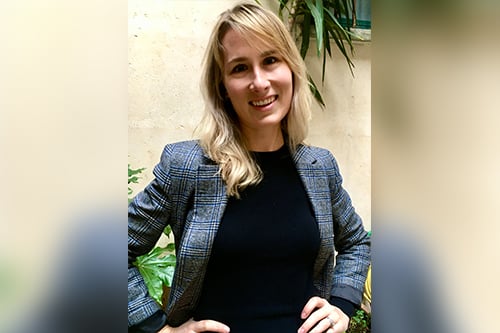

The following is an editorial by Alicja Grzadkowska, senior news editor at Insurance Business. To reach out to Alicja, email her at [email protected].
Since it broke out on the insurance scene in 2016, Lemonade has been the monkey on the back of many brokers and agents with its claims of “loving insurance” as well as its direct to consumer model, giving-back scheme for unused user fees, and three-second claims handling function. However, while it offers customers another option to buy their contents and liability insurance, the platform does little to replace the important work that agents and brokers, as well as the broader industry, provide.
For one, Lemonade’s staying power has not yet been proven based on its financial records. In its S-1, the registration form for new securities required by the Securities and Exchange Commission for public companies based in the US, the company reported that its revenue jumped by almost 200% in 2019 to US$67.3 million, from US$22.5 million in 2018. Yet, its net loss was up by 105% to US$108.5 million in 2019 compared to US$52.9 million the previous year – and this is a trend that the company expects to continue into the future as it grows the business. Notably, in its recent initial public offering, Lemonade was valued at around US$1.6 billion – significantly less than the US$2.1 billion it was valued at in 2019 after it raised US$300 million in a funding round led by Japanese conglomerate SoftBank.
Its claims then that “Lemonade reverses the traditional insurance model” by treating the premiums consumers pay “as if it’s your money, not ours” might, over the long-term, do little to benefit stockholders as well as insureds if the company isn’t profitable and thus can’t continue selling policies.
There are, however, some takeaways for the insurance industry in terms of how Lemonade approaches its product. The reviews on its website boast of consumers loving the fair and transparent policies, which in the current climate could resonate with insureds who are watching business interruption coverage lawsuits filed against insurers spring up all over the world in the wake of COVID-19.
Based on these developments, the industry will have to take steps to be more transparent in its coverage going forward across a variety of business lines, but this is where the work of agents and brokers becomes more important, not less. Cutting them out of the insurance transaction altogether, as Lemonade has done, is not the answer.
Insurance policies are also complex because they’re contracts between insurers and the insureds that provide, in detail, exactly what’s covered and in what circumstances. While contents and liability insurance can be simplified to a point, the widespread application of this simplicity would not be transferable even to a homeowner’s flood insurance policy, for example, and definitely not a commercial insurance program where the risks and financial stakes are much bigger.
The quick claims turnaround that Lemonade offers via its artificial intelligence technology is also admirable to a point. Yet, for homeowners and auto insureds, and especially business owners, having an actual licensed insurance professional to speak to about their policies and in the wake of claims, where human contact can provide essential support to insureds struggling with financial loss, can’t be replaced by a “charming” AI bot named Maya.
Finally, Lemonade’s stance that the insurance industry is old and stodgy ignores all of the ways that insurance companies are evolving to meet the changing demands of individuals and businesses.
Many brokerages and agencies are bringing claims specialists in-house to provide assistance when policyholders need to file claims, and are offering training to brokers and agents on the claims process. Tech vendors are likewise offering solutions to speed up this process and insurers are opening their arms to the adoption of claims technology since they broadly recognise its benefits. Brokerages and agencies have also already been adopting new methods of communicating with clients, which has become even more important during the pandemic, and in basically every market industry bodies are implementing new digital processes that make the insurance buying process more straightforward and easier to navigate.
Of course, Lemonade’s inroads in the insurance industry can’t be disqualified and it may very well remain an option for some insurance consumers into the future. The platform more broadly is likewise a sign of the innovation coming out of the insurtech space, which should be commended. However, whether its model is the only way forward for the industry is questionable at best. Agents and brokers, don’t hang up your hats just yet.
